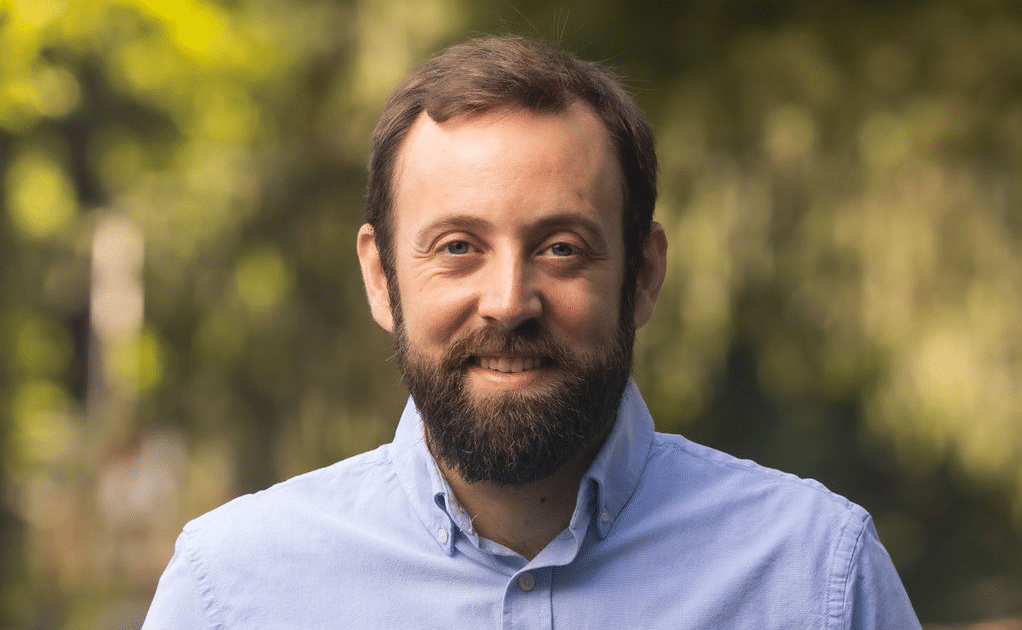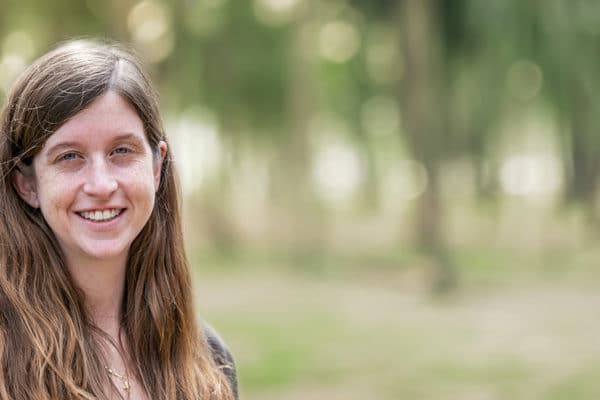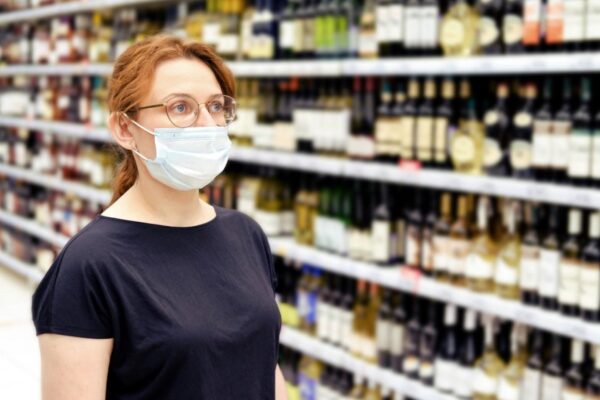Finding Fun In Recovery

By Bennett Thomas, Certified Peer Recovery Specialist (CPRS) at Master Center
Leaving residential treatment after a nearly 40-day stay for my alcohol and substance use disorder, I was faced with a wonderful yet terrifying problem. How am I supposed to fill the great swaths of time I was now presented with? In active alcoholism, this was an easy question to answer. When I wasn’t working, I was drinking. Sometimes activities would accompany my drinking, like playing guitar in my band or camping, but the drinking was always there. More often than not, and increasingly so as my alcoholism progressed, any free hour I had was spent bellied up to a bar or plopped in front of a tv with a cheap whiskey in my hand. I was miserably at ease spending any free moment drinking myself to oblivion and blackout.
After treatment, I found myself living in northern Virginia for the first time and knowing no one but the seven other men in the recovery house I had just moved into. I found the first job I could land, but other than going to work, my days stretched on seemingly forever. I knew from previous experience that boredom and loneliness were booby-trapped triggers for me but facing long sober days, I had to come to terms with the reality that I was ill-equipped to combat either. To make matters worse, I was suffering from anhedonia- an inability to feel pleasure- a common experience for many in early recovery. The guitar, a faithful companion and source of pleasure throughout my life, felt dull and lifeless in my hands. I began to question whether my deepest fears were true: was a sober life destined to be boring and lonely?
I went to recovery meetings obsessively for the first couple of months. On days off, I could do four meetings in a day, bouncing around different parts of northern Virginia. In between meetings, I found reading kept my brain sufficiently occupied, so I read insatiably. Faces and names at meetings started to become familiar and my phone started filling with numbers of other sober people I was starting to consider friends. I was learning to socialize sober, and they were helping to teach me. We grabbed coffee and dinner together. Feelings of loneliness started to lift.
I also knew that I didn’t get sober to just hang around church basements and sober clubhouses all day. I needed some hobbies. I lived near a frisbee golf course and, having played frisbee golf in the past, decided I would start playing. I bought several discs and started riding a shared bike to the course several times a week. I learned something important about myself: I don’t like playing frisbee golf. Not once do I remember enjoying it. But I loved the bike ride there and back. I put the discs away and started riding a bike instead.
About four months into recovery, I saw a picture of a cigar box guitar and thought, “maybe I could make one of those.” I bought a saw and a few scraps of wood and tracked down a good cigar box. I convinced my recovery house that the house should invest in a power drill. And after a few hours of sawing, drilling, and sanding, I had built my first cigar box guitar. It was crude and it was ugly, but it played. Almost immediately, I started planning my second build. For weeks I poured obsessive attention into building, and each build looked progressively better than the previous. I went from having more time than I knew what to do with to wishing I had more time to spend building guitars in the carport. I’ve lost count, but I’ve built several dozen at this point. Along the way, another wonderful thing happened. After finishing a guitar, I would play it. Suddenly, the joy of playing came flooding back.
Since that time, I’ve explored countless hobbies. Some, like soldering amplifier circuit boards, were discarded like frisbee golf. I just didn’t enjoy them that much. Others, like backpacking, have stuck with me and provided me with a great source of pleasure. Part of the joy of recovery work for me has been exploring just what type of person I actually am. What do I enjoy? What isn’t for me? The most important piece is that I have to remain willing to try new things without fear. If something doesn’t fit, I try something new. I have discovered this attitude has served me well throughout my recovery as I navigate the continual process of self-discovery that is my recovery.
—
Contact Master Center to learn more about our outpatient treatment options, including our detox programs and Medication-Assisted Treatment, offered in Greater Richmond, Gloucester, and Hampton. Master Center provides same day and next day appointments.


